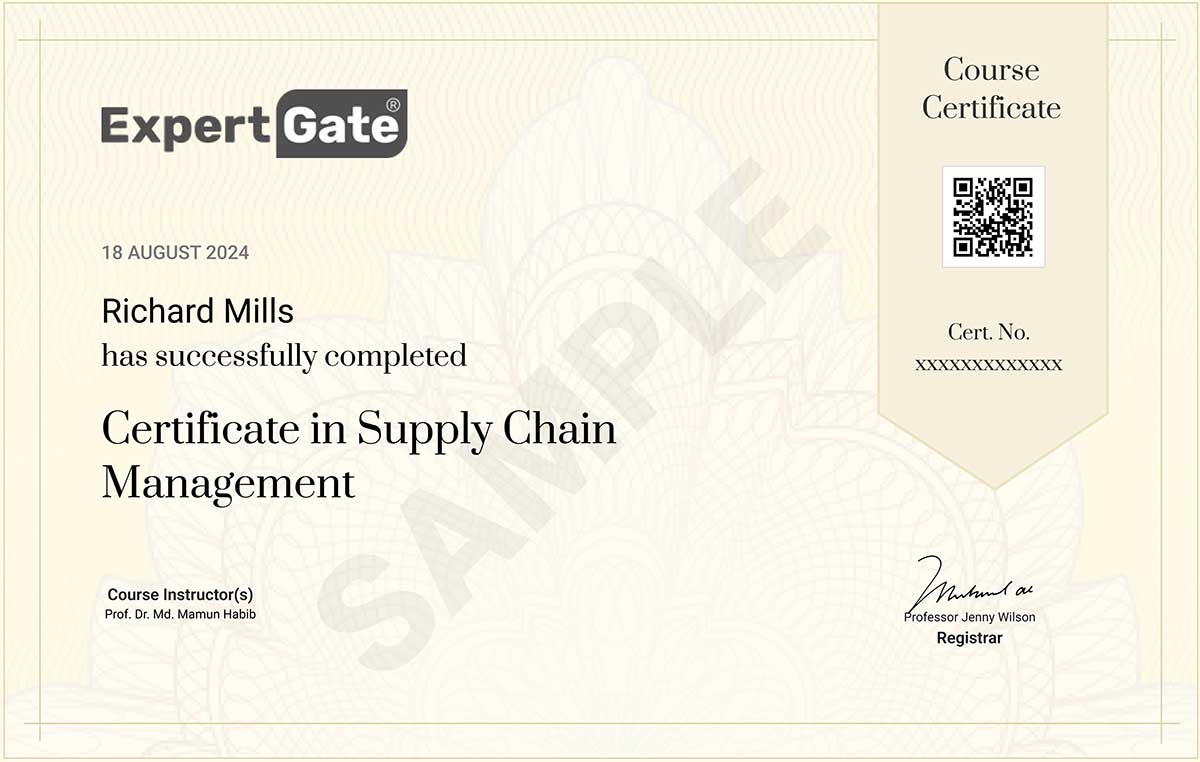Fundamentals of Academic Thesis Writing

Overview
Instructors
Outcomes
- Clear Problem Statement and Research Objectives: Participants will be able to craft a concise and focused problem statement, setting the stage for their research. They will also learn to define clear, researchable objectives aligned with their overall thesis goals.
- Effective Literature Review Writing: Learners will develop the skills to conduct a thorough literature review, synthesising key findings, theories, and gaps in the existing research. They will understand how to organise the review in a logical, cohesive manner to strengthen their thesis argument.
- Research Methodology Design: Participants will gain expertise in selecting and applying the appropriate research methods for their project. Whether qualitative, quantitative, or mixed methods, learners will know how to design data collection instruments and analyse data effectively to address their research questions.
- Clarity in Presenting Results and Discussion: Learners will master the art of presenting results using visual aids like tables and graphs, while also discussing the findings in relation to their hypotheses and the wider academic field.
- Strong Conclusion and Thesis Finalisation: Participants will be able to summarise key findings in a compelling conclusion, discuss their implications, and present clear suggestions for future research. They will also gain essential skills in editing, revising, and formatting their thesis for submission.
Structure
The first week focuses on the initial stages of thesis writing. Participants will learn how to define their research problem and develop a clear, concise problem statement. This strong foundation sets the tone for research questions and hypotheses. We will guide participants on how to align their research objectives and questions with their field's existing gaps. By the end of this week, participants will have a draft of their introduction and problem statement.
In week 2, the course will dive into research methodology and the selection of appropriate research methods. Participants will learn about qualitative, quantitative, and mixed methods and how to choose the best approach for their research. This session will guide participants in designing effective data collection tools, such as surveys, experiments, and interviews. Participants will also learn about data analysis methods and how to interpret data in relation to their research questions.
The final week focuses on the results, discussion, and conclusion sections. In this week, participants will learn how to present their research findings clearly, using visual aids like tables and graphs to summarize data effectively. The discussion section will teach participants how to relate their findings to existing literature, propose interpretations, and discuss the broader implications of their research.
Assessment
Target Audience
- Undergraduate and graduate students pursuing academic research
- Early-stage researchers and thesis writers
- Professionals seeking to enhance their academic writing skills
- Scholars aiming to refine their research methodology and writing process
- International students interested in mastering academic thesis writing
- Aspiring academics aiming to develop a strong foundation in thesis structure and content
- Researchers preparing for PhD-level writing and academic publication
- University faculty members looking to improve thesis supervision skills
- Academic writers focused on publishing high-quality research papers and reviews
- Individuals in academia or industry looking to gain expertise in writing research proposals and dissertations
Recommended Resources
Certificates

